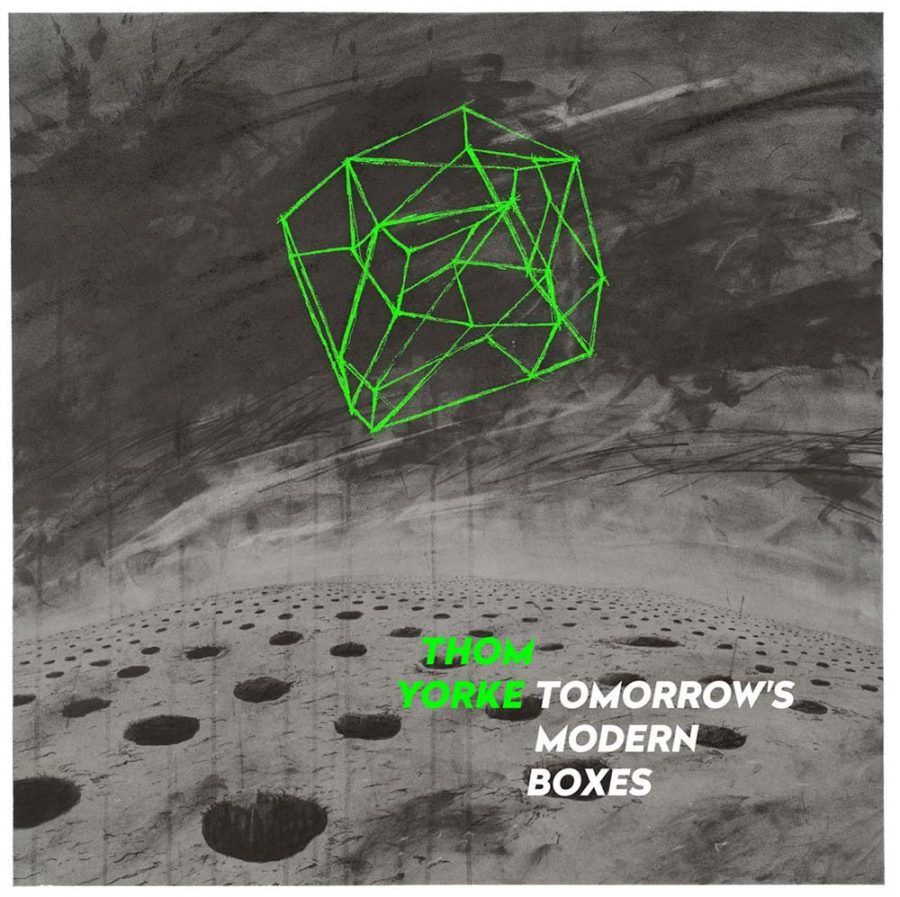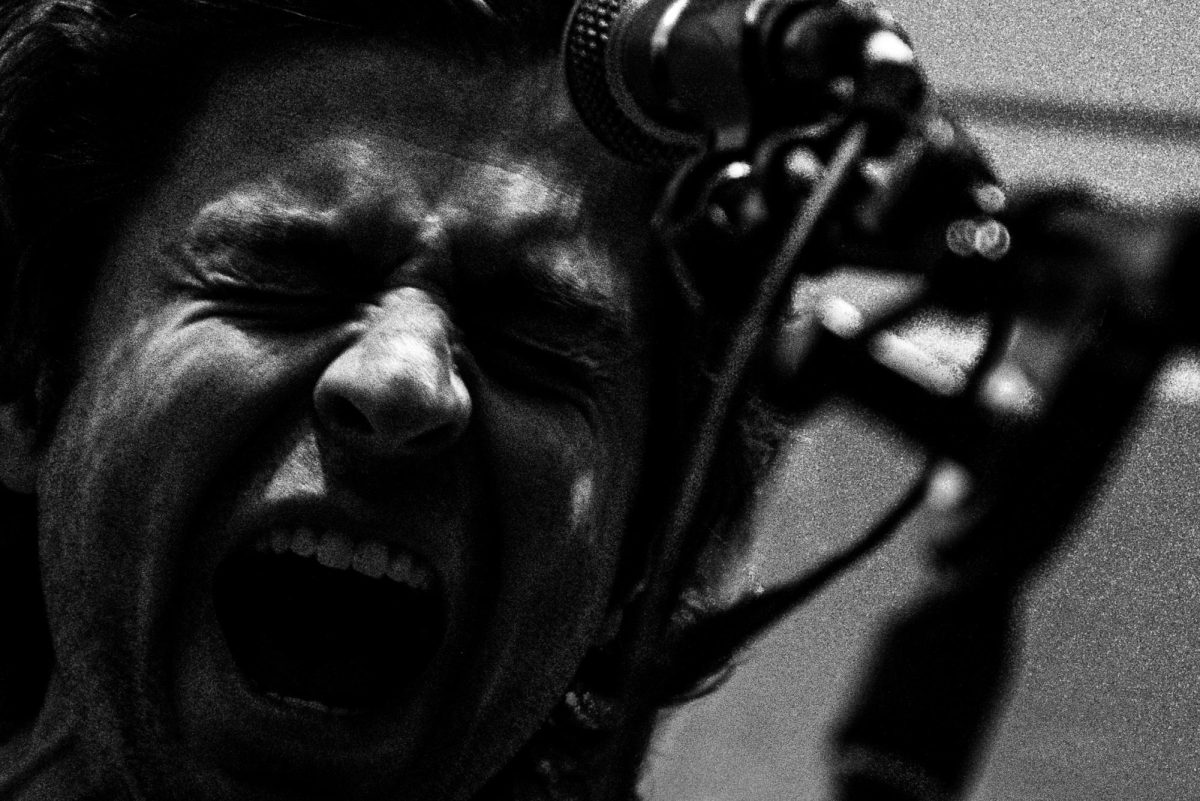Thom Yorke, "Tomorrow’s Modern Boxes" (Self-Released)
October 21, 2014
Baby’s back.
It’s been eight years since Thom Yorke released his debut solo album, The Eraser. In that time, he has released two LPs with Radiohead, and an album with side project Atoms For Peace in 2013 featuring Flea of the Red Hot Chili Peppers and longtime Radiohead producer/collaborator Nigel Godrich.
In those eight years, both the musical and cultural landscape in the world has changed, yet managed to remain the same. Chart-toppers rise, then fall into silence & obscurity, and reemerge like a previously-owned car. Bands break up, form reunion tours, and break up again.
Nobody buys music, except on vinyl, and everyone pirates, but now it’s been molded into a form of streaming. Everything in music is cyclical. But once again, Yorke is able to release a new album and change the way the consumer thinks about music. The entire background of the release of Tomorrow’s Modern Boxes is a topic for another discussion, but musically, this album is a departure from 2006’s The Eraser.
The largest departure from typical Yorke is the substantial use of electronics and synthesizers on Tomorrow’s Modern Boxes. It’s emblematic of a shift in Yorke’s priorities as a musician: eight years ago, The Eraser heavily featured Yorke’s unique songwriting ability and vocals, perhaps his most recognizable trait over a 25-year career.
This LP has that songwriting, but it takes a backseat to the excellent production which harkens back to experimental electronic musicians like Boards of Canada, Burial, and Four Tet. And while the production is certainly interesting, the most thought-out and rewarding tracks highlight Yorke’s vocal work. His ability is inescapable, and on tracks like “The Mother Lode” and “Guess Again!Û, the complete nature of his sound is apparent.
The release initially felt a bit like 2010’s The King Of Limbs, with a change of pace from Yorke’s previous work, but that’s what makes Radiohead and its frontman so special: an ability to shift gears while still producing quality music. It’s almost an idiosyncratic definition, in that the best Radiohead and Thom Yorke material sounds uniquely like Radiohead.
It’s perhaps why this LP of eight tracks feels a bit underwhelming in comparison with the most recent work Thom Yorke and Nigel Godrich have teamed up to do: it’s not overwhelmingly unique. While derivative is far too strong a word to describe the album, it borrows more than it creates in this cyclical, recycled media world. It’s not bad by any stretch of the imagination, but it feels thin in his catalog of work. The album offers highlights which any Radiohead enthusiast will enjoy, and even to those willing to listen to what can be a challenging composition, too.
RIYL: Boards Of Canada, Burial, Autechre, Four Tet
Recommended Tracks: 1, 2, 4, 5, 6














